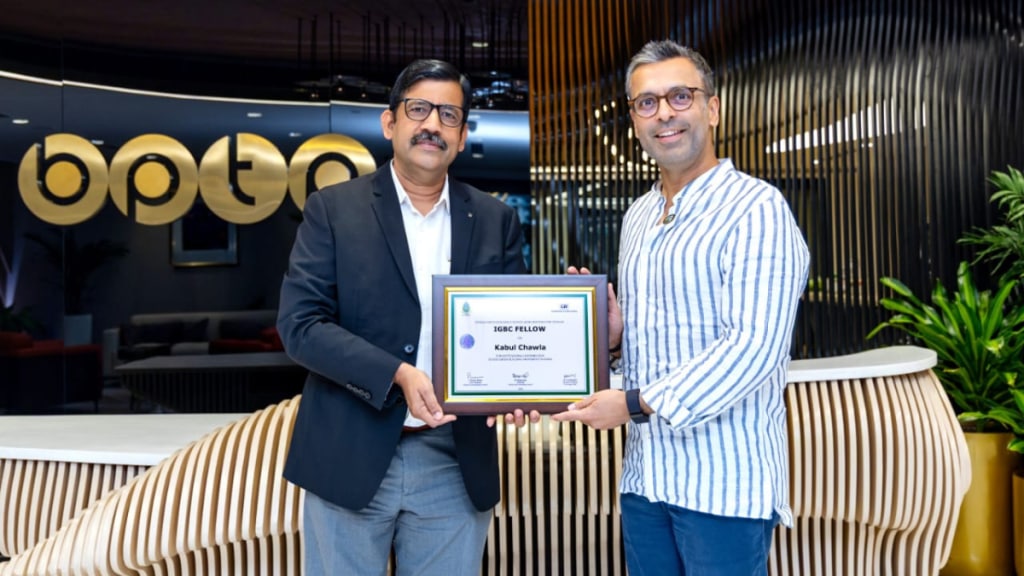As climate concerns mount and environmental regulations tighten, India’s real estate sector is witnessing a growing pivot toward sustainability. Developers are increasingly aligning with green building norms, adopting energy-efficient technologies, and seeking certifications like IGBC and LEED, not just as badges of honour but as strategic investments in long-term viability.
From integrated water management to renewable energy usage and eco-conscious design, sustainability is emerging as a key differentiator—particularly in urban commercial and residential projects. According to the Indian Green Building Council (IGBC), the country now has over 10 billion square feet of green building footprint, making it one of the top three globally in terms of registered green projects.
While regulatory nudges such as the Energy Conservation Building Code (ECBC) and incentives offered by state governments are driving the shift, developers say there is also a growing demand from tenants and homebuyers for environmentally responsible buildings. Features like natural ventilation, solar rooftops, rainwater harvesting, and efficient insulation systems are fast becoming standard in high-end developments.
In this context, real estate leaders have begun to receive recognition for their contributions to India’s green building movement. Most recently, Kabul Chawla, Chairman and Managing Director of BPTP Ltd., was conferred the IGBC Fellow Award—one of the highest individual honours given by the Council. The award, presented at BPTP’s IGBC Platinum-rated Capital City project in Noida, acknowledges his role in promoting sustainable practices in urban development. Under Chawla’s leadership, BPTP has implemented green design principles in a number of its projects across the Delhi-NCR region.
While challenges remain—such as high upfront costs, limited awareness among smaller developers, and the need for stricter enforcement—experts say the sector is at a tipping point. With climate risks becoming more visible and institutional investors increasingly focused on ESG metrics, sustainable real estate is no longer seen as niche but essential.
“The future of real estate in India will be green, or it won’t be at all,” said a senior official at a Delhi-based infrastructure consultancy. “Sustainability is now a boardroom discussion, not just a compliance checkbox.”
As India continues its rapid urbanisation, the extent to which sustainability becomes embedded in real estate development will have significant implications—not just for environmental goals, but for public health, economic efficiency, and resilience in the face of climate shocks.


